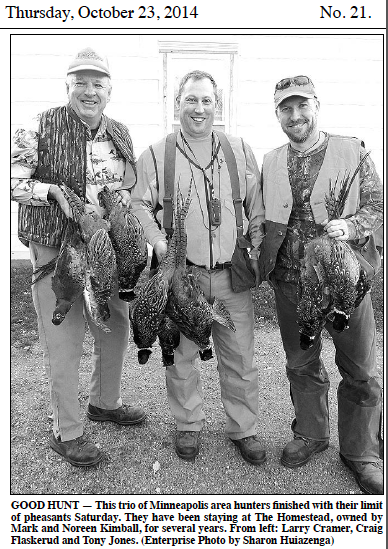War is hell. It’s a euphemism, I know, but it also happens to be true. And, unlike so many previous generations, those of us who were born in the 1960s have no idea what it’s like. The closest I ever came to war was a couple of rumors of the draft that floated around my high school in 1986. Each time, the rumor was linked to some U.S. military operation, and each time it lasted about an hour before some teacher told us how ridiculous it was.
The next fall, during my freshman year in college, I took an incredible seminar called, “The Iliad and Memories of War.” It was taught by an extravagant Classics professor, James Tatum, and he later wrote a book, The Mourner’s Song: War and Remembrance from the Iliad to Vietnam, on the topic.
In the seminar, we started with The Iliad of Homer, then read a book per week for eleven weeks on war. They included Xenophon’s Anabasis: Book 1-4, The Red Badge of Courage, and Philip Caputo’s A Rumor of War. Ever since that seminar, I’ve been fascinated by war memoirs, particularly because I don’t want to forget that war is hell, even though I’ll never fight in a war. In fact, I think it’s tragic that my generation doesn’t know first-hand just how hellish war is.
So, in light of the current war—which I experience primarily via Jon Stewart and Frontline—I’ve begun to read back through the corpus of that freshman seminar. First up is Dispatches by Michael Herr, considered possibly the finest Vietnam memoir (though I’d nominate Tim O’Brien for that). Herr was a reporter for Esquire; he saw the war first-hand, and he describes with unparalleled reality and grit. Here’s an example from his chapter on the Tet Offensive, titled, “Hell Sucks”:
One morning there was a fire at the prison camp across the road from the compound. We saw the black smoke rising over the barbed wire that topped the camp wall and heard automatic weapons’ fire. The prison was full of captured NVA and Viet Cong or Viet Cong suspects, the guards said that they’d started the fire to cover an escape. The ARVN and a few Americans were shooting blindly into the flames, and the bodies were burning where they fell. Civilian dead lay out on the sidewalks only a block from the compound, and the park by the river was littered with dead. It was cold and the sun never came out once, but the rain did things to the corpses that were worse in their way than anything the sun could have done. It was on one of those days that I realized that the only corpse I couldn’t bear to look at would be the one I would never have to see.











